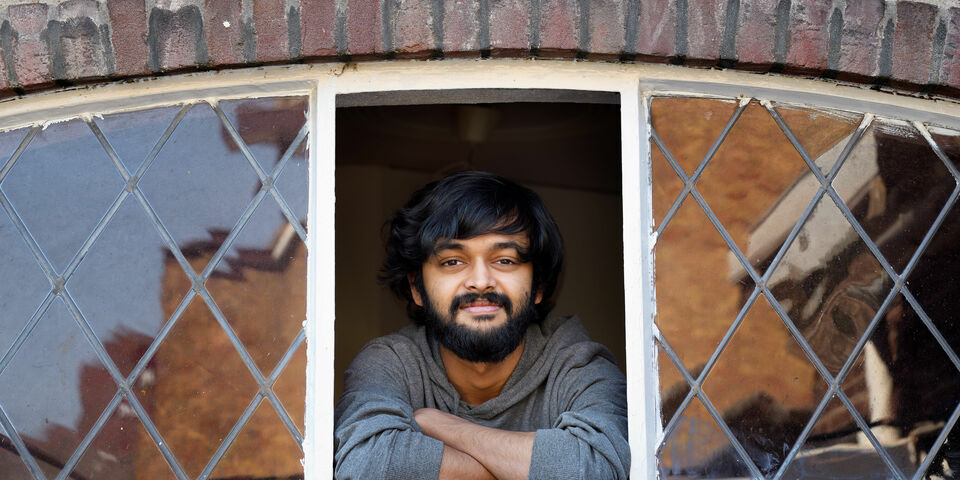Scavenger
There’s something they don’t teach you as a part of formal science education. However, as one gets deeper into it and the hours spent in laboratories pile up, you find yourself unconsciously developing at the art of scavenging.
It could be related to “equipment”; how does one use the unlikeliest of objects for effective use in experiments. Scotch tape is perhaps a good example of that in some fields of material science. Or something more “advanced”: aluminium foil, cardboard, clamps, and duct tape to build small things because commercial, more scientific versions are ridiculously expensive. Or grander ventures: using pieces of equipment to do something they were not necessarily meant to do. If I am to look at what happened in our city just yesterday, side-walks and parked bicycles stand out as examples of loathsome ingenuity.
It’s akin to a sort of muscle memory, this way of re-wiring ourselves, and I feel it only comes with tinkering around more and more with these seemingly obtuse ideas. And like muscle memory, it doesn’t have a guidebook but rather develops with practice and a lot of failure. Having equally inventive peers may bump up the chances of success slightly.
But in this period of adjustment and re-adjustment, another sort of scavenging has become just as indispensable: time. For instance, the maximum daily working duration has shrunk by about 25% in my department over the past year. What that means is that the value of time and the need for its efficient use has gone up tremendously in a short period while our skill sets may just be lagging behind. Flexibility has obviously gone out of the window long ago. And because the nature of experimental work is more often than not determined by the laws of physics instead of politics, some things just can’t be sped up to make up for restricted time; it’s not me, it’s thermodynamics.
That’s where a re-assessment of expectations would come in handy. Instead of patting ourselves on the back every time we reach a milestone equivalent to a regular year, we must ask ourselves if the milestone ought to be scaled for the crisis because the unfounded optimism hasn’t quite done the trick yet and I am skeptical if it would, going forward. Thus, instead of running on fumes for the months and years to come, perhaps it is prudent to gauge what the realistic outcomes are and prepare accordingly. As a starting point, the idea that it will get worse before it gets better might need to be substituted by something to the affect that it will still get worse after it gets better if we don’t get our act together.


Discussie